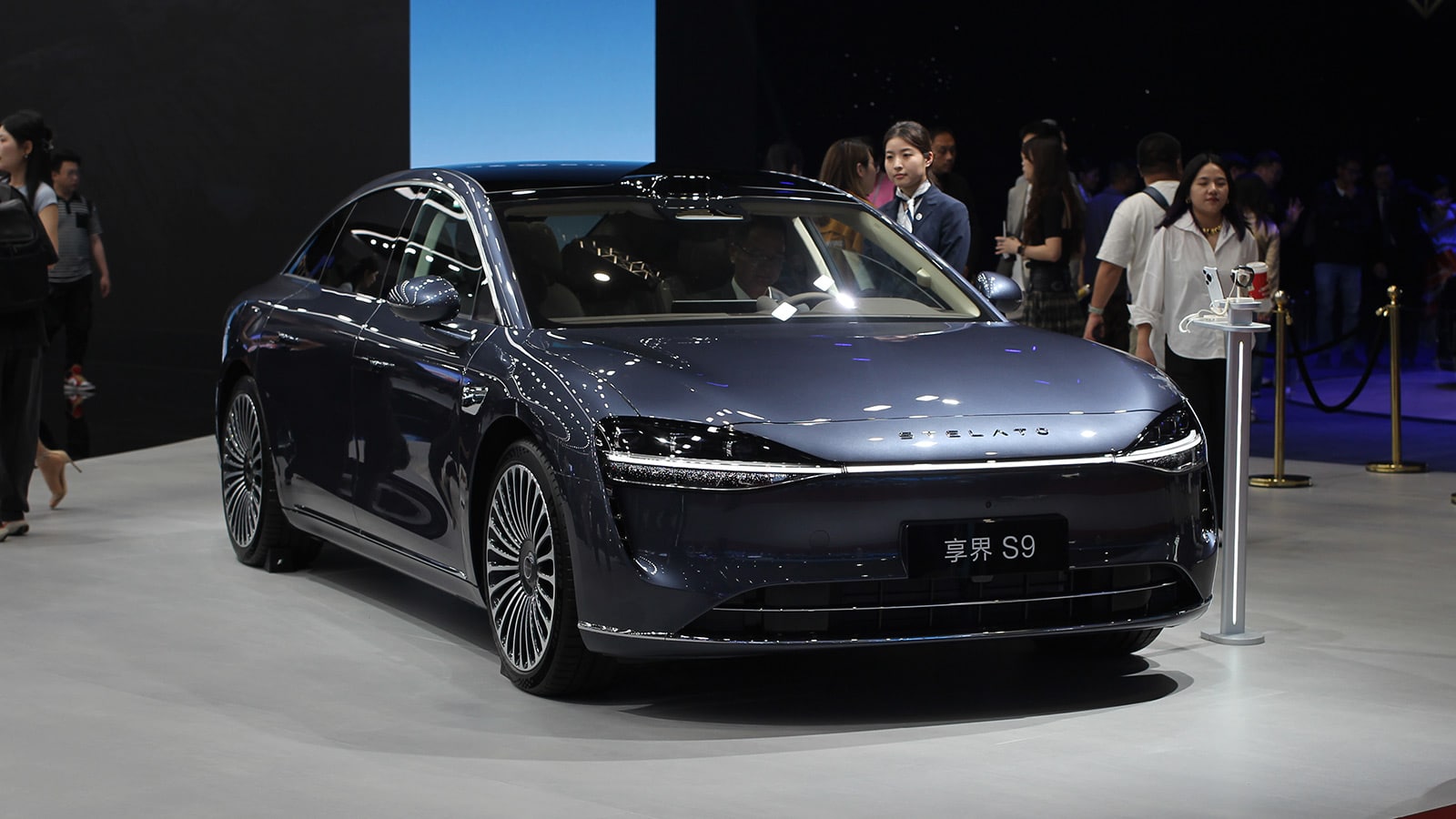
BEV sales reached a record 1,109,000 units in October, up 31.7 percent year-on-year.
For details, please visit CnEVPost.

BEV sales reached a record 1,109,000 units in October, up 31.7 percent year-on-year.
For details, please visit CnEVPost.

BEV sales reached a record 1,109,000 units in October, up 31.7 percent year-on-year.
For details, please visit CnEVPost.

BEV sales reached a record 1,109,000 units in October, up 31.7 percent year-on-year.
For details, please visit CnEVPost.

BEV sales reached a record 1,109,000 units in October, up 31.7 percent year-on-year.
For details, please visit CnEVPost.

September BEV sales reached a record 1,058,000 units, up 36.4 percent year-on-year.
For details, please visit CnEVPost.

China will implement an export license management system for pure electric passenger vehicles, effective January 1, 2026.
For details, please visit CnEVPost.

BEV sales in August rose 40.5 percent year-on-year, while PHEV sales grew 7.5 percent.
For details, please visit CnEVPost.

BEV sales rose 47.1 percent year-on-year in July, while PHEV sales grew only 2.8 percent, the lowest growth rate since at least January 2021.
For details, please visit CnEVPost.

In June, China's NEV sales totaled 1,329,000 units, up 26.7 percent year-on-year, according to CAAM data.
For details, please visit CnEVPost.

In May, China's NEV sales reached 1,307,000 units, up 36.9 percent year-on-year, according to data from the CAAM.
For details, please visit CnEVPost.